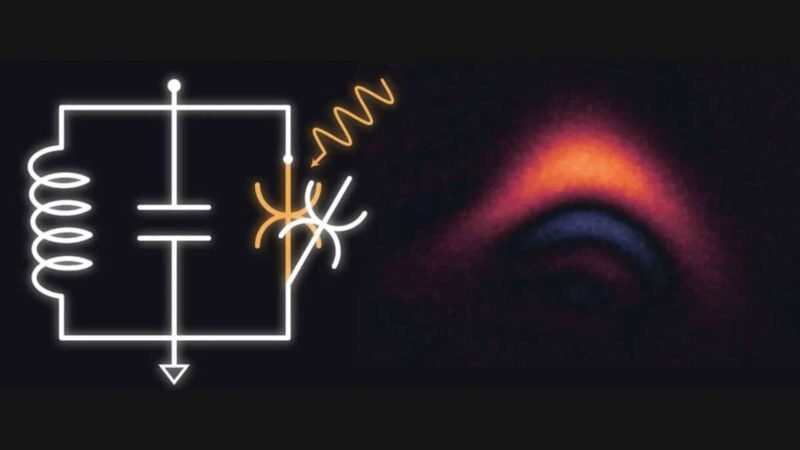Summary Points
-
Quantum Computing Breakthrough: Researchers at Chalmers University have developed a system that merges control and error correction in quantum computing, enabling longer computation times and more robust quantum computers.
-
Enhanced Qubit Functionality: The new system allows for complex operations on multi-state quantum systems at unprecedented speeds, overcoming limitations related to qubit error rates.
-
Innovative Control Method: By embedding control devices within quantum oscillators, researchers managed to bypass the detrimental Kerr effect, thus facilitating precise quantum state manipulation without compromising performance.
- Significance of Superposition: The research highlights the immense potential of qubits and continuous variable systems, leveraging their unique properties to enhance processing power in quantum computing.
Quantum Leap: New System Improves Error Correction and Efficiency in Quantum Computing
Chalmers University of Technology has announced a groundbreaking advancement in quantum computing. Researchers there developed a system that enhances error correction while extending computation times. This achievement stands to revolutionize how quantum computers operate.
Typically, quantum computers face significant challenges due to errors caused by noise and interference. Electromagnetic disturbances disrupt sensitive qubits, the building blocks of quantum systems. Consequently, these devices struggled to maintain their quantum state, limiting their computational duration.
However, the Chalmers team has successfully addressed this issue. Their unique system allows for complex operations on multi-state quantum systems at unprecedented speeds. “We have created a system that enables extremely complex operations,” said Simone Gasparinetti, senior author of the study.
Unlike classical computer bits, which can represent only a 1 or a 0, qubits can embody both values simultaneously through a phenomenon called superposition. This ability empowers quantum computers to process vast amounts of data concurrently, presenting opportunities for enhanced processing power.
Despite their advantages, qubits are also prone to errors. To combat this, the researchers utilized what they call the quantum computing continuum. This system employs resonators and microscopic components to effectively encode information. They based their oscillator on superconducting structures, making it compatible with current quantum technologies.
Researchers described their approach as transforming qubits into a continuous variable quantum system. “Think of a continuous variable quantum system as an infinite rainbow, offering a seamless gradient of colors,” explained Axel Eriksson, the lead author. This comparison illustrates the wider range of states accessible in their system compared to traditional qubits.
The newly developed oscillator can increase the error rate, yet it facilitates complex operations. Previously, challenges arose when combining resonators with control systems due to the Kerr effect, which interfered with quantum states. Nonetheless, by embedding control devices within the oscillator, researchers were able to overcome this hurdle effectively.
As a result, the system preserves the benefits of resonators while enabling precise control of quantum states. This innovation promises to yield a new standard in quantum computing, allowing for rapid and accurate operations.
The implications of this research extend beyond theoretical exploration. If successful in larger applications, this development may lead to more efficient and robust quantum computers. Technology enthusiasts and industry leaders alike should keep a close eye on these advancements as they unfold.
For further details, read the full study published in Nature Communications.
Discover More Technology Insights
Learn how the Internet of Things (IoT) is transforming everyday life.
Access comprehensive resources on technology by visiting Wikipedia.
QuantumV1
https://www.techexplorist.com/quantum-system-allows-efficient-error-correction-longer-computation-times/85376/#utm_source=rss&utm_medium=rss&utm_campaign=quantum-system-allows-efficient-error-correction-longer-computation-times

